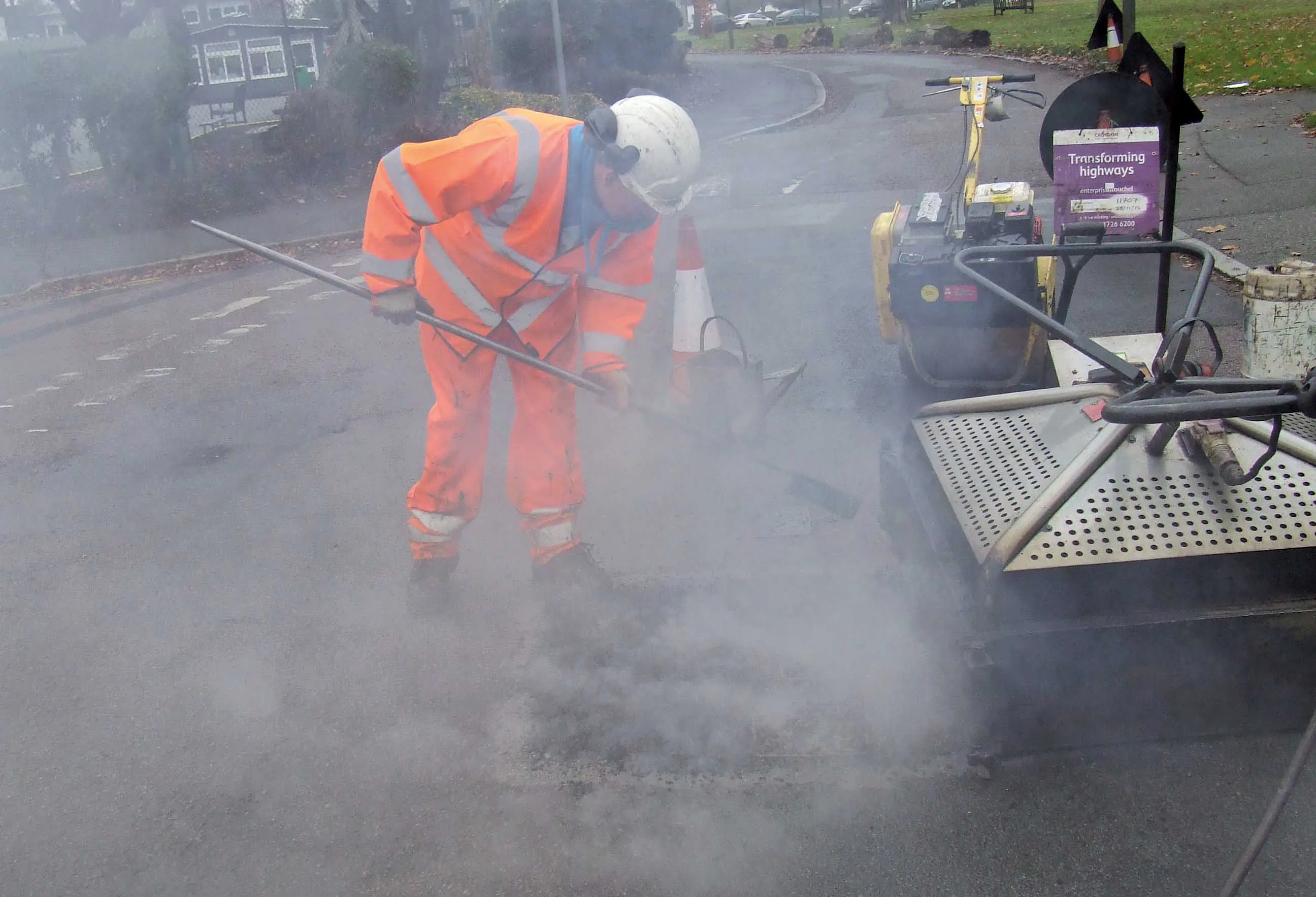According to the European Union Directive 2002/49/EC relating to the assessment and management of environmental noise (END), the Member States of the European Union have committed to abide by a strict timetable of milestones and deliverables, all aimed at reducing current levels of noise and improving the life of Europe's citizens. As part of this overall strategy, European leaders were required to submit national noise action plans by 18 January of this year, targeting major roads and all agglomerations wi
July 12, 2012
Read time: 3 mins
According to the 1116 European Union Directive 2002/49/EC relating to the assessment and management of environmental noise (END), the Member States of the European Union have committed to abide by a strict timetable of milestones and deliverables, all aimed at reducing current levels of noise and improving the life of Europe's citizens.
As part of this overall strategy, European leaders were required to submit national noise action plans by 18 January of this year, targeting major roads and all agglomerations with more than 250,000 inhabitants. However, so far, only four Member States have submitted their plans.
Meanwhile, millions of citizens continue to be exposed on a daily basis to unacceptable levels of noise pollution. According to a report released by the European Union, about 40% of the population in EU countries is exposed to road traffic noise at levels exceeding 55 dB(A), and 20% is exposed to levels exceeding 65 dB(A) during daytime. More than 30% is exposed to levels exceeding 55 dB(A) during night time. These figures should be put in perspective with3263 World Health Organisation guidelines for community noise, which stipulate less than 30 dB(A) during the night to enable good quality sleep, and less than 35 dB(A) in classrooms to ensure good teaching and learning conditions.
The Brussels Programme Centre (BPC) of the713 International Road Federation (IRF), representing some of the main stakeholders concerned by the application of END, has long acknowledged the societal impacts of its activities and, for this reason, is actively promoting measures to help fight noise and thus improve the quality of life of European citizens. In this respect, it naturally supports efforts implemented within the framework of the END Directive.
Nevertheless, as stated in its Position Paper of 27 April, entitled 'Effective Assessment Method for proposed Noise Reduction Solutions', the lack of a mandatory impact assessment mechanism to properly evaluate the effectiveness of the proposed measures, coupled with many Member States' willingness (particularly in the current economic climate) to opt for the cheapest rather than necessarily the most effective measures, risks jeopardising the success of this ambitious project, and may significantly limit the anticipated benefits for citizens.
Effective noise reducing devices do exist already. However, opting for the cheapest, or a 'one size fits all' solution will not only fail to bring down current levels of noise sufficiently, but may also cost more in the long run, given that corrective measures will most likely have to be taken at a later stage.
The IRF BPC urges all concerned stakeholders to demonstrate the necessary political will in order to bring about a genuine and long-lasting reduction of noise.
As part of this overall strategy, European leaders were required to submit national noise action plans by 18 January of this year, targeting major roads and all agglomerations with more than 250,000 inhabitants. However, so far, only four Member States have submitted their plans.
Meanwhile, millions of citizens continue to be exposed on a daily basis to unacceptable levels of noise pollution. According to a report released by the European Union, about 40% of the population in EU countries is exposed to road traffic noise at levels exceeding 55 dB(A), and 20% is exposed to levels exceeding 65 dB(A) during daytime. More than 30% is exposed to levels exceeding 55 dB(A) during night time. These figures should be put in perspective with
The Brussels Programme Centre (BPC) of the
Nevertheless, as stated in its Position Paper of 27 April, entitled 'Effective Assessment Method for proposed Noise Reduction Solutions', the lack of a mandatory impact assessment mechanism to properly evaluate the effectiveness of the proposed measures, coupled with many Member States' willingness (particularly in the current economic climate) to opt for the cheapest rather than necessarily the most effective measures, risks jeopardising the success of this ambitious project, and may significantly limit the anticipated benefits for citizens.
Effective noise reducing devices do exist already. However, opting for the cheapest, or a 'one size fits all' solution will not only fail to bring down current levels of noise sufficiently, but may also cost more in the long run, given that corrective measures will most likely have to be taken at a later stage.
The IRF BPC urges all concerned stakeholders to demonstrate the necessary political will in order to bring about a genuine and long-lasting reduction of noise.







